
Being eco friendly is becoming an increasingly important way of life, and many people have been considering the eco-home improvements they can make to reduce their greenhouse gas emissions. Although our homes may not pollute the environment as much as large businesses do, it is everyone’s responsibility to help save the planet. Fortunately, you can make several small changes in your own household to help reverse the effects of climate change and shrink your own carbon footprint. So here are 12 eco-friendly house ideas that you can implement in your home for a more natural approach to living.
Prioritise Efficiency
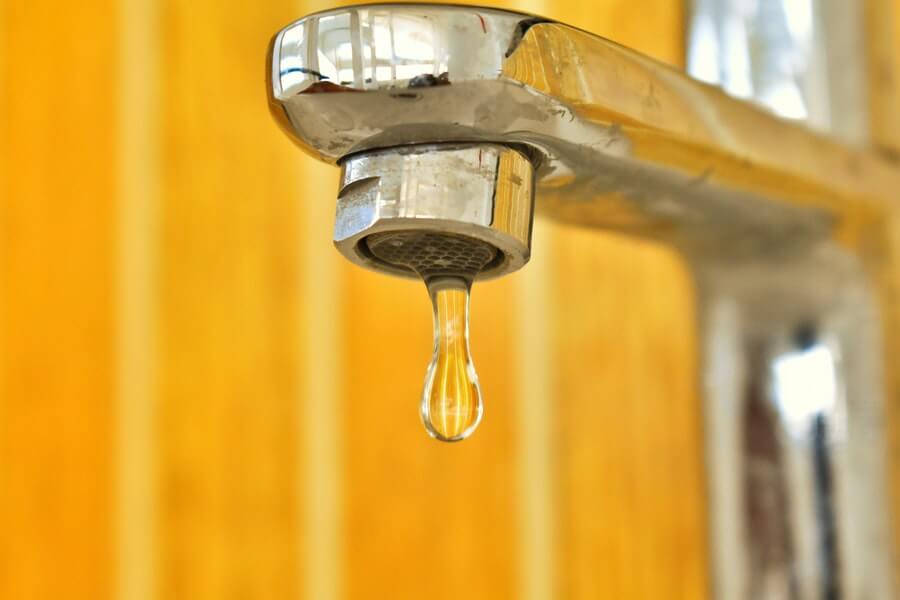
Sometimes, the simplest things are the most effective. And there are plenty of simple changes you could make in your household to make it as energy-efficient as possible. For example, turning off the taps when brushing your teeth could save around 12 litres of water every time you brush[i]!
By implementing certain practices in your home, you can reduce your household’s carbon footprint and help protect the environment effortlessly.
Some simple ways to be energy efficient at home include:
- Turning taps all the way off
- Using warm water as opposed to hot
- Using energy-efficient light bulbs
- Switching off lights
- Unplugging unused chargers and appliances
- Installing a smart thermostat
- Buying energy-efficient appliances
- Washing clothes at a lower temperature
- Monitoring your energy usage
Upgrade Your Insulation

Adding insulation to your home is a win-win situation. With adequate insulation, your home will maintain a comfortable temperature all year round, whether it’s a freezing cold winter or a boiling hot summer. In addition, insulation can also reduce noise pollution.
An unsung hero of energy efficiency, upgrading your home’s insulation can reduce CO2 emissions by 95% a year[ii]. The energy we use to heat our living and working spaces contributes greatly to our individual carbon footprints, accounting for 19% of our country’s greenhouse gas emissions[iii]. However, since insulation reduces the need for heating, it will significantly cut your household’s emissions.
Usually, planning permission isn’t necessary when fitting insulation. However, you may need to install more or lesser insulation units depending on the age of your home. Nevertheless, insulation can save you up to £250 per year on your energy bills[iv], so it is certainly a worthy consideration, both for the planet and your bank account.
Take a look at the average energy bills in the UK.
Add Underfloor Heating

Of all the eco-friendly house ideas coming to light recently, underfloor heating is an option that is constantly growing in popularity. Efficient underfloor heating systems are a fantastic alternative to clunky, energy-sapping radiators or expensive insulation.
Underfloor heating works by flowing warm water through a piping system installed under your flooring. Because of this, it can emit a temperature a few degrees warmer than the room air temperature and keep you toasty and warm.
Since underfloor heating spreads across the whole floor area of a room, it requires a lower input temperature to work effectively. This lower input temperature can make underfloor heating up to 20% more efficient than regular radiators, using a maximum of 40% less energy[v].
Invest In Renewable Energy

The UK’s electricity sector currently accounts for 24% of our country’s total greenhouse gas emissions[vi], with the average household using around 3,731 kWh per year[vii]. On top of this, many homes receive their energy from a non-sustainable source, such as gas or oil.
Fortunately, there are plenty of renewable sources that could provide your electricity. Renewable energy sources, such as solar panels and wind turbines, are among the best eco-friendly house ideas since they emit no greenhouse gases at all[viii]. By receiving your energy through sources like solar panels or wind turbines, you can reduce your carbon footprint drastically and save money on your electricity bills.
The most popular types of renewable energy are:
- Solar Energy – Taken from the sunlight through solar panels
- Wind Energy – Taken from the wind’s kinetic energy and converted into electricity by a generator
- Hydro Energy – Created by a controlled flow of water that drives a turbine to generate electricity
- Geothermal Energy – Harnesses the natural heat below the Earth’s crust and can heat homes directly as well as generate electricity
- Biomass Energy – Taken from solid fuels and converted into electricity
Install Double (or Triple!) Glazing
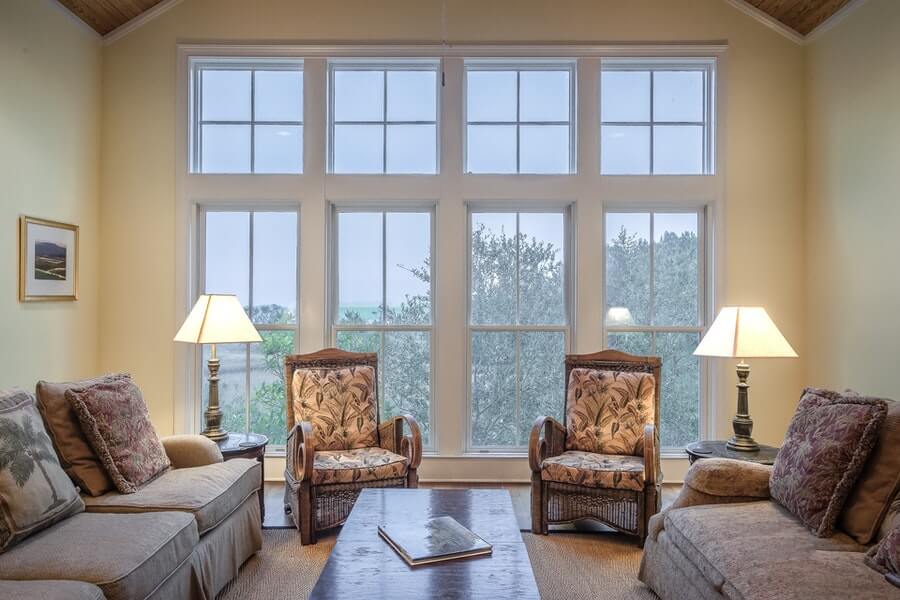
Up to 30% of heat is lost in our homes through windows[ix], and we turn our heating on more frequently to make up for it. Adding double, or even triple, glazing will reduce the amount of heat lost from your home, thus reducing the need for you to switch your heating on.
Additionally, double or triple glazed windows can also keep your home cooler in the summer. This is because glazed windows prevent the transmission of heat from the outside of the house to the inside through the empty space between the multiple panes of glass.
Experts have estimated that installing double glazing in your home can reduce your carbon emissions by as much as 680 kgs each year[x].
Reduce, Reuse, Recycle
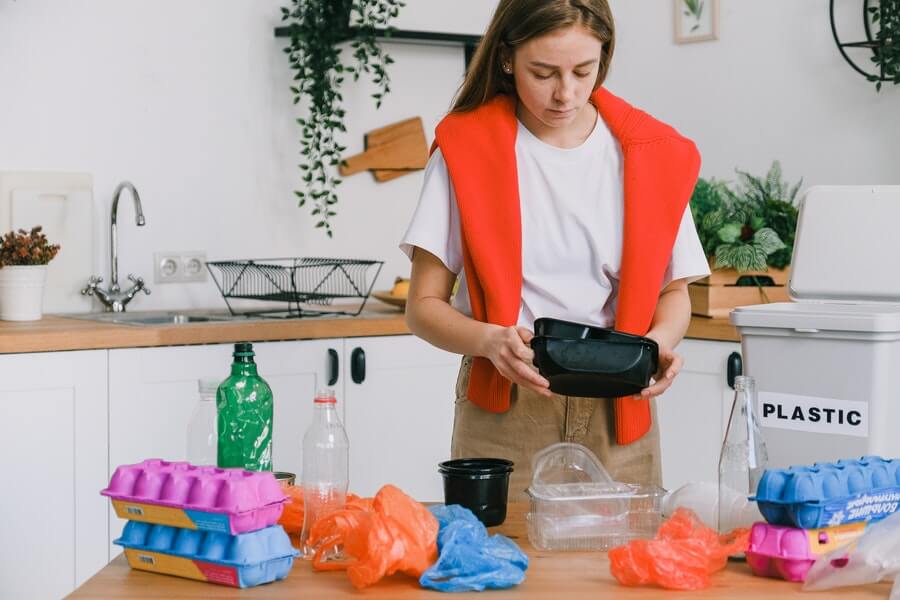
Recycling is one of the most important eco-friendly house ideas because of its numerous benefits. Reusing what we can and recycling our waste helps conserve our natural resources, protect our environment, save energy and cut down on carbon emissions. For instance, using recycled plastic has been shown to reduce greenhouse emissions by up to 71%[xi], as well as lessening energy consumption.
To stick to the mantra of reduce, reuse, recycle in your home, you should:
- Only buy what you need, and use it all up
- Avoid heavily packaged items
- Buy products with refillable packaging
- Start a compost heap
- Buy second-hand clothing
- Fix any ripped or faulty pieces of clothing rather than buying new ones
- Donate unwanted items that are still in a usable condition
- Recycle glass, cardboard and plastic
- Reuse gift bags and wrapping paper
- Carry a reusable shopping bag
Rethink How You Cook
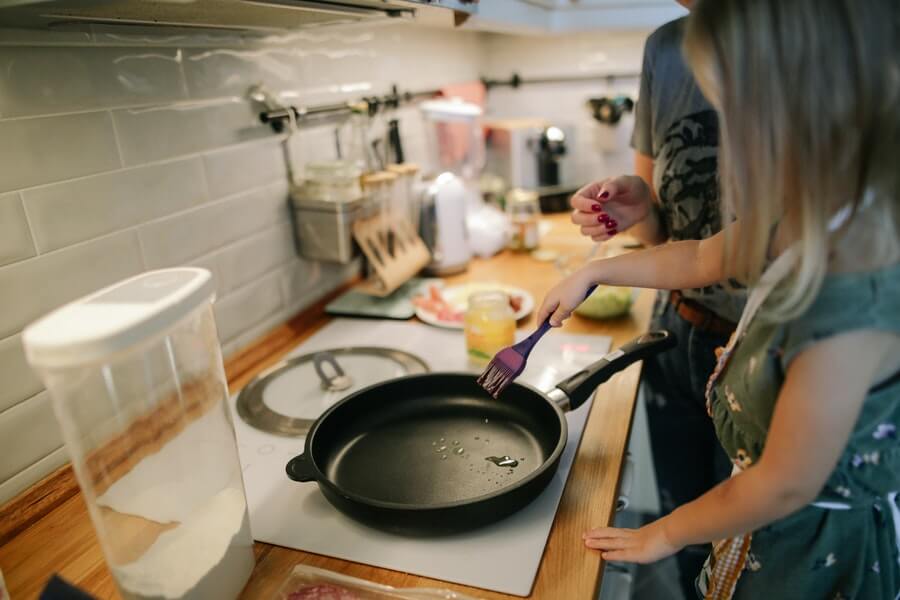
Cooking is a regular activity in most of our lives, yet it has many environmental consequences that you may not have realised. Of course, heat generation and our cooking habits contribute to carbon emissions. However, our food production is one of the worst contributors, emitting around 37% of global greenhouse gas emissions[xii].
To cook more efficiently, try to:
- Eat less meat
- Use a microwave or a slow cooker rather than the oven
- Choose an electric oven with a convection option
- Cover the pan when boiling water
- Defrost food properly in the fridge before cooking
- Keep the oven door closed as much as possible
- Cook foodstuffs in the oven at the same time, and refrigerate or freeze anything you aren’t eating immediately
- Use copper-bottom or cast-iron pans
Be Mindful of Cleaning Products
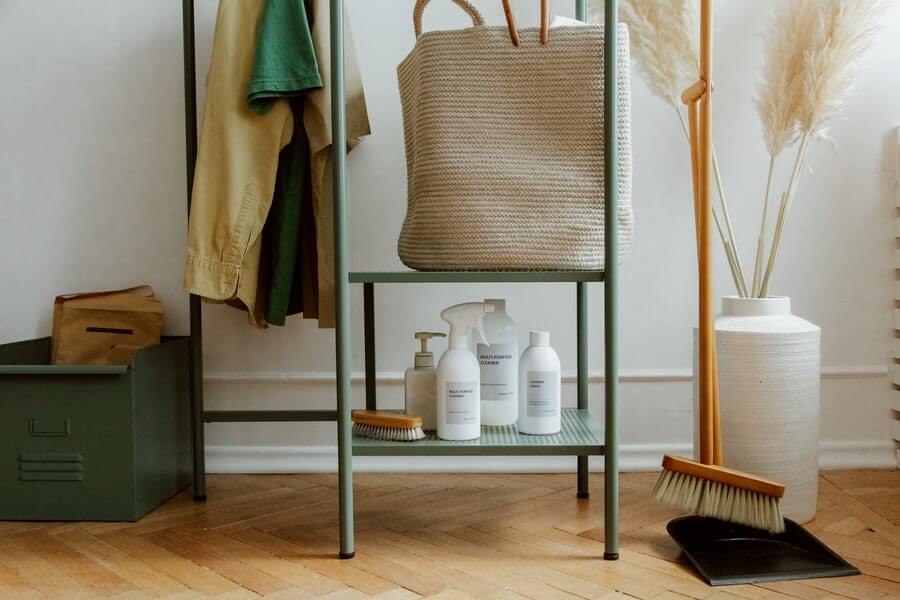
Green cleaning is quickly becoming a favoured process for those looking for eco-friendly house ideas. Unfortunately, cleaning products contain several chemicals that are harmful to the environment, with many polluting water sources, contributing to air pollution, or taking a long time to degrade into harmless products[xiii].
Green cleaning combats this by using products and materials that are completely friendly to the environment. For example, many green cleaners use only natural substances, such as bicarbonate of soda, lemon juice, or vinegar to clean surfaces around their home. Alternatively, there are plenty of manufactured products that are healthy for the environment. Also, there are several green brands that you can use without harming the planet.
If you are looking for green cleaning products, ensure that they do not contain any of the following:
- Artificial colouring
- Artificial fragrance
- Chlorine
- Phosphates
Also, make sure that any brands you purchase from create products with organically sourced ingredients and recyclable packaging for a completely eco-friendly clean.
Create A Water Smart Household
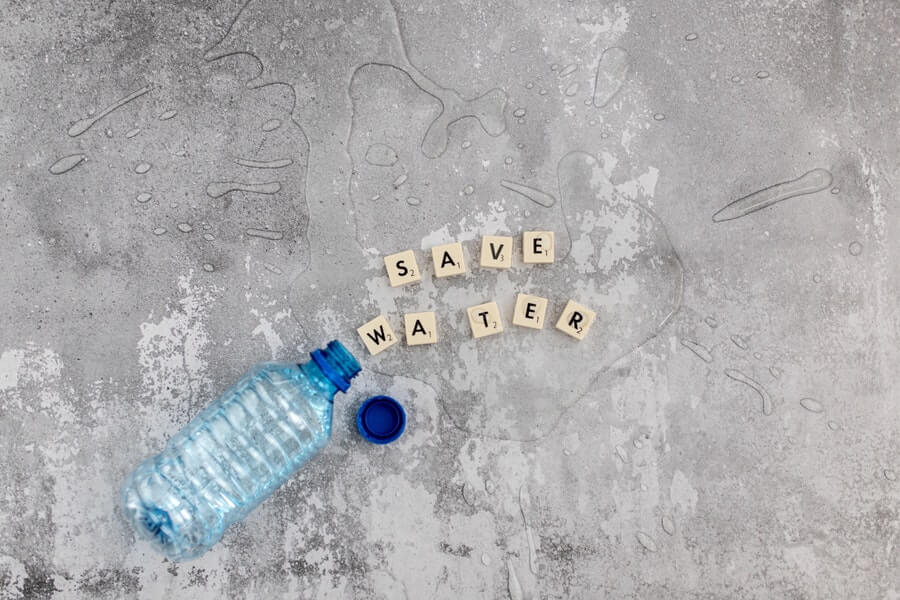
Water is one of our most important resources since it nourishes our ecosystems and helps natural habitats for important wildlife and plants to flourish. However, the average person wastes up to 30 gallons of water every day[xiv].
Our depleting water sources will have a detrimental effect on both human life and wildlife in the long run, so saving water now is vital for our future. In addition, conserving water can also help reduce greenhouse gas emissions. The more efficiently we use our water, the less energy will be required to create products, resulting in fewer emissions.
Ways to become water smart include:
- Running the clothes washer and dishwasher only when they are full
- Washing dark clothes in cold water
- Washing fresh fruit and veg in a pan of water rather than running water from the tap
- Taking shorter showers
- Reusing drinking glasses or bottles before washing
- Soaking pots and pans
- Fixing broken pipes as soon as possible
- Insulating hot water pipes
Your Eco House Improvements
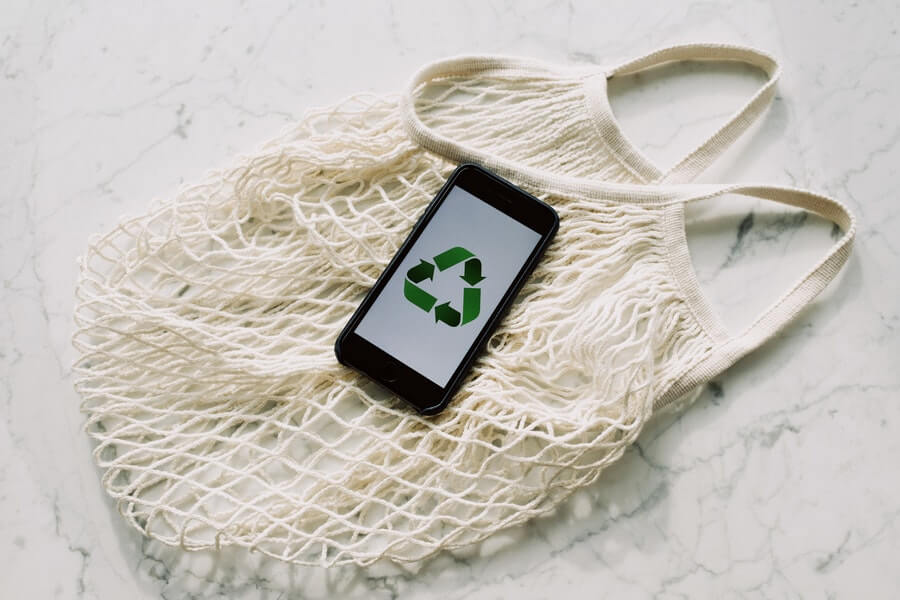
By implementing just some of our eco-friendly house ideas, you could be reducing your household’s carbon footprint and helping to reach the global goal of net-zero emissions by 2050. Looking after our planet for the current generation and those that follow is vital to our future – and you can help in your very own home!
Do you have any more eco-friendly house ideas? Is there anything you do already to help save the planet in your home? Let us know.
Sources
[i] https://www.savewatersavemoney.co.uk/water-efficiency-tips-advice/view/105/turn-off-the-tap,-it%27s-as-simple-as-that!.html
[ii] https://insulation.org/io/articles/insulation-the-missing-key-to-energy-efficiency/
[iii] https://www.bbc.com/future/article/20201116-climate-change-how-to-cut-the-carbon-emissions-from-heating
[iv] https://www.renewableenergyhub.co.uk/main/insulation-information/insulation-cost-and-savings/
[v] https://www.idealhome.co.uk/property-advice/how-efficient-is-underfloor-heating-298556
[vi] https://journals.sagepub.com/doi/full/10.1177/0957650916675519
[vii] https://www.ovoenergy.com/guides/energy-guides/how-much-electricity-does-a-home-use
[viii] https://www.nationalgeographic.com/environment/article/renewable-energy
[ix] https://www.energy.gov/energysaver/update-or-replace-windows
[x] https://www.dunstable-glass.co.uk/why-double-glazing-is-good-for-the-environment/
[xi] https://www.preventedoceanplastic.com/recycled-plastic-an-undervalued-carbon-reduction-strategy/
[xii] https://www.newscientist.com/article/2290068-food-production-emissions-make-up-more-than-a-third-of-global-total/
[xiii] https://www.greenchoices.org/green-living/cleaning/environmental-impacts
[xiv] https://doh.wa.gov/sites/default/files/legacy/Documents/Pubs//331-450.pdf
